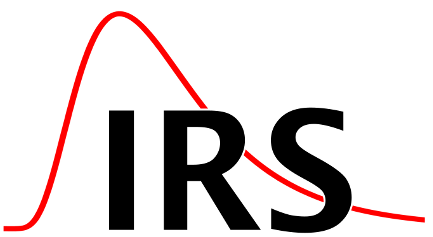Transversal Project 3: Ethical and Moral Justification, Legal Prerequisites and Implications
Project management
- Prof. Dr. Konrad Ott apl.
- Prof. Dr. Ulrich Smeddinck
Work Package 3.1: Environmental Ethics
Objectives
Scientific dispute and social discussion on radioactive waste management provide a broad foundation for ethical analysis and normative reconstruction. The biggest challenge is to combine and mediate the different levels of discussion about final storage. The technological approach is indeed not the only one that includes normative implications when comparing different waste management options, for example when it comes to security. In fact reasoning and rationality of justification within the debates in political administration and civil society have to be analyzed.
- analysis and operationalization of the normative terms used in the context of radioactive waste management, such as responsibility, risk, security / safety, trade off, justice, trust, compensation, reasonability of burdens
- evaluation of criteria and legal proceedings in waste management options and their implications within theories of democracy
- analysis of normative presuppositions of political positions and legislative processes
- identification of conditions for justifying decisions regarding disposal or storage
- organization and evaluation of a citizens’ panel for nuclear waste management
- realization of a DELPHI-survey with experts
Connection to other subprojects
- WP 3.2: requirements and implications regarding constitutional law with special focus on normative justification and legitimacy of judicial codification of political decisions
- TP 2: technology assessment and governance under consideration of discourse ethical standards of technology assessment and democracy-theoretical challenges of governance
- TP 4: interdisciplinary risk-research with reference to the exchange between decision-makers and stakeholders and discursive risk evaluation
Participants
- Prof. Dr. Konrad Ott
- Moritz Riemann, M.A.
Participating institutes
- Kiel University: Chair for Philosophy and Ethics of the Environment
Work Package 3.2: Requirements and Implications Regarding Constitutional Law
Objective
Clarifying the consequences resulting from the principles of constitution and the national objective „protection of the environment“ (art. 20a GG) for the assessment of nuclear waste management options and for possibly necessary alignments in administrative law.
- revealing the significance of the principles of constitution such as democracy, separation of power and federalism as well as the national objective “protection of the environment” (art. 20 GG)
- assembling of guidelines for constitutional law regarding waste management options with regard to potential instruments and law
- iterative comparison of new solution approaches with requirements in constitutional law
- identifying necessary alignments in constitutional law (e.g. administrative procedures, legal protection at administration court)
- connected with TP 2 „Requirements and implications regarding executional law“, TP 4„Interdisciplinary risk-research“ and to the common WP „Environmental ethics” (3.1)
- legal contact for all projects
- information as a service
WP Management
- apl. Prof. Dr. Ulrich Smeddinck, Institute of Law, Technische Universität Braunschweig
Participating Institutes
- Institute of Law, Technische Universität Braunschweig


